Graham Reid | | 2 min read
Bill Evans Trio: Very Early
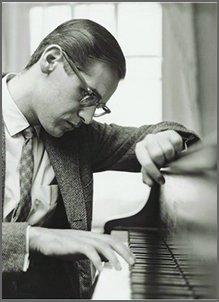
By the merest shift of the prism Moon Beams, the album by the jazz trio lead by pianist Bill Evans, could easily be under Essential Elsewhere. But that of course would deny the genius of his recordings with bassist Scott LaFaro in late Fifites (and drummer Paul Motian) with whom he developed an intuitive understanding.
But 10 days after sessions in June '61 which became the Waltz for Debbie album and sets at the Village Vanguard, LaFaro was killed in car accident and what Evans' biographer Peter Pettinger called the pianist's "ideal triumvirate" was finished. Their last recordings suggested that here was a piano trio as good as any, and one which has been seldom equalled since.
Evans -- sensitive, an emotional intellectual and by this time grappling with heroin -- withdrew and couldn't bring himself to write a few words as liner notes to the Village Vanguard live album which was rush released. He didn't even play piano at home and became more and more withdrawn.
Eventually he played a couple of live dates and on a few tracks for an album by singer Mark Murphy (at the urging of Riverside Record's Orrin Keepnews), but until he hooked up with bassist Chuck Israels from George Russell's group, it might have been a slow decline for the fragile Evans who had played on Miles Davis' classic Kind of Blue two years previous.
However with Israels (and again Paul Motian) he started to feel his way back into the music and by early '62 they were playing increasingly confident gigs around New York. Evans also recorded a duet album with guitarist Jim Hall, Undercurrent, which remains a remarkable record for its shifts between tough swing and a sense of quiet. Another contender for an Evans' entry at Essential Elsewhere.
By June, Evans felt the trio was ready to record and Keepnews -- who had astutely wanted a ballads album out of the pianist -- booked them back in the studio for three sessions. But Keepnews also realised that sessions of all-ballads would "perhaps over-relax the group to the point of lethargy".
So he suggest they alternate ballads with up-tempo tunes to keep them on their toes. The up-tempo numbers becaame the album How My Heart Sings!
But is is the ballads album Moon Beams which reveals a fragile, tentative and slightly other-world quality. On the silken-thin In Love In Vain, Evans seems to barely hit the notes in places, yet on Stairway to the Stars (a real highpoint) he sounds confidently in control of the shifting melody. And he came in with a couple of gorgeous originals as bookends: Re: The Person I Knew and the assured Very Early.
Evans went on to make some other wonderful and inventive albums in subsequent ye ars, not the least some solo sessions and Conversations with Myself the following year in which he overdubbed three piano parts.
ars, not the least some solo sessions and Conversations with Myself the following year in which he overdubbed three piano parts.
But there is a strong case to be made that despite other trios down the decades until his death in '80, he never quite recaptured that sense of stillness and intense, almost introverted, contemplation that marked out his trio work with Motian and LaFaro, then Israels.
Moon Beams isn't exactly overlooked in Evan's extensive catalogue, but it isn't one that comes to mind immediately.
However it opens itself up a little more with every playing.
NB: The clip below features the Scott LaFaro trio on Evans' classic tune Waltz for Debbie

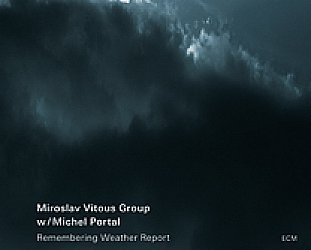
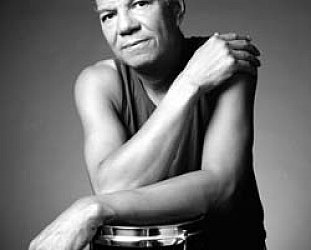
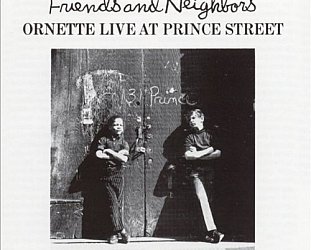
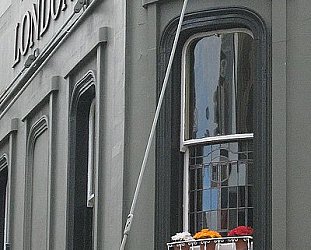

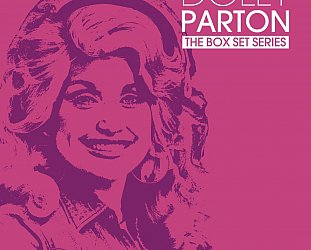
post a comment